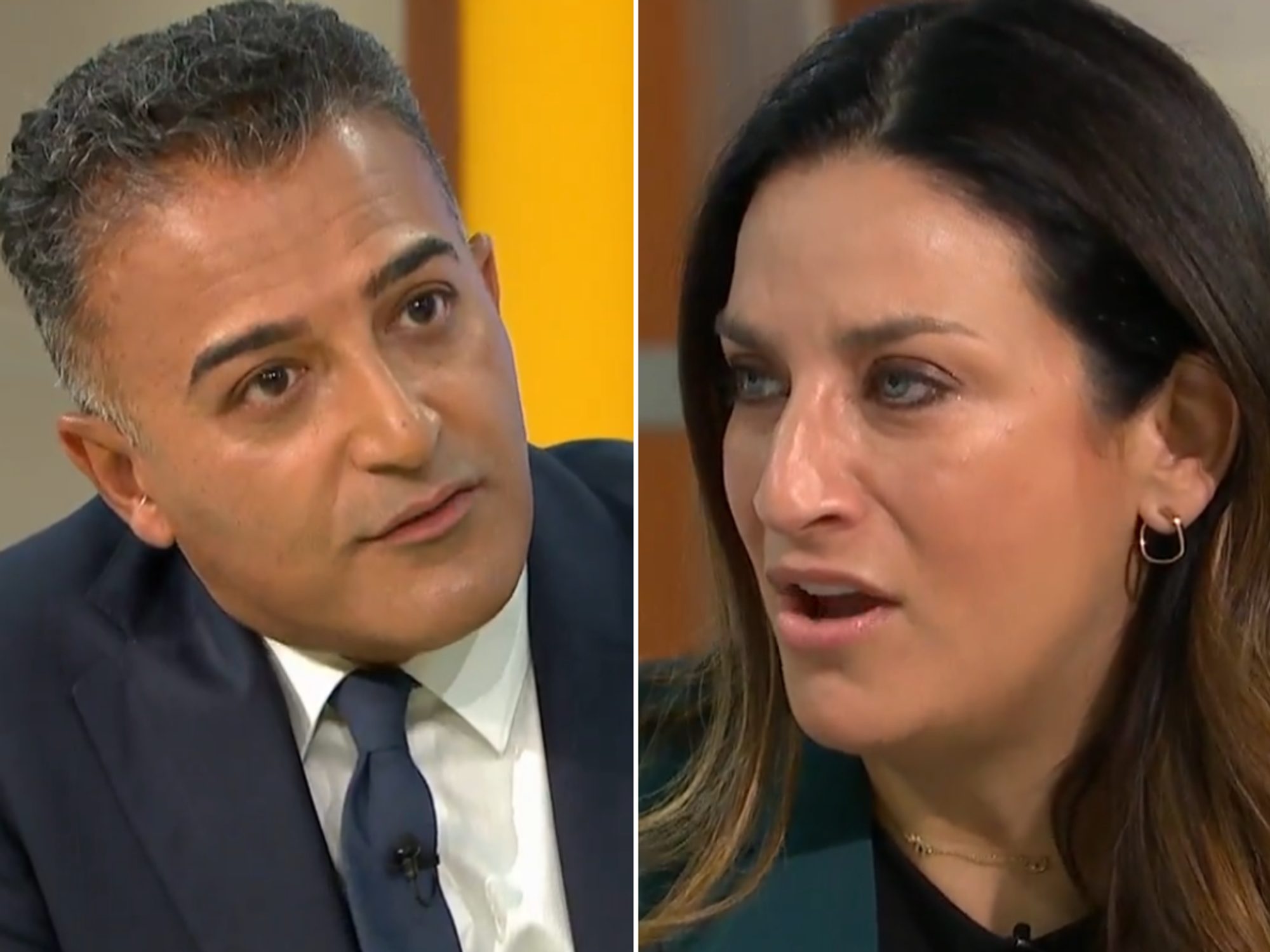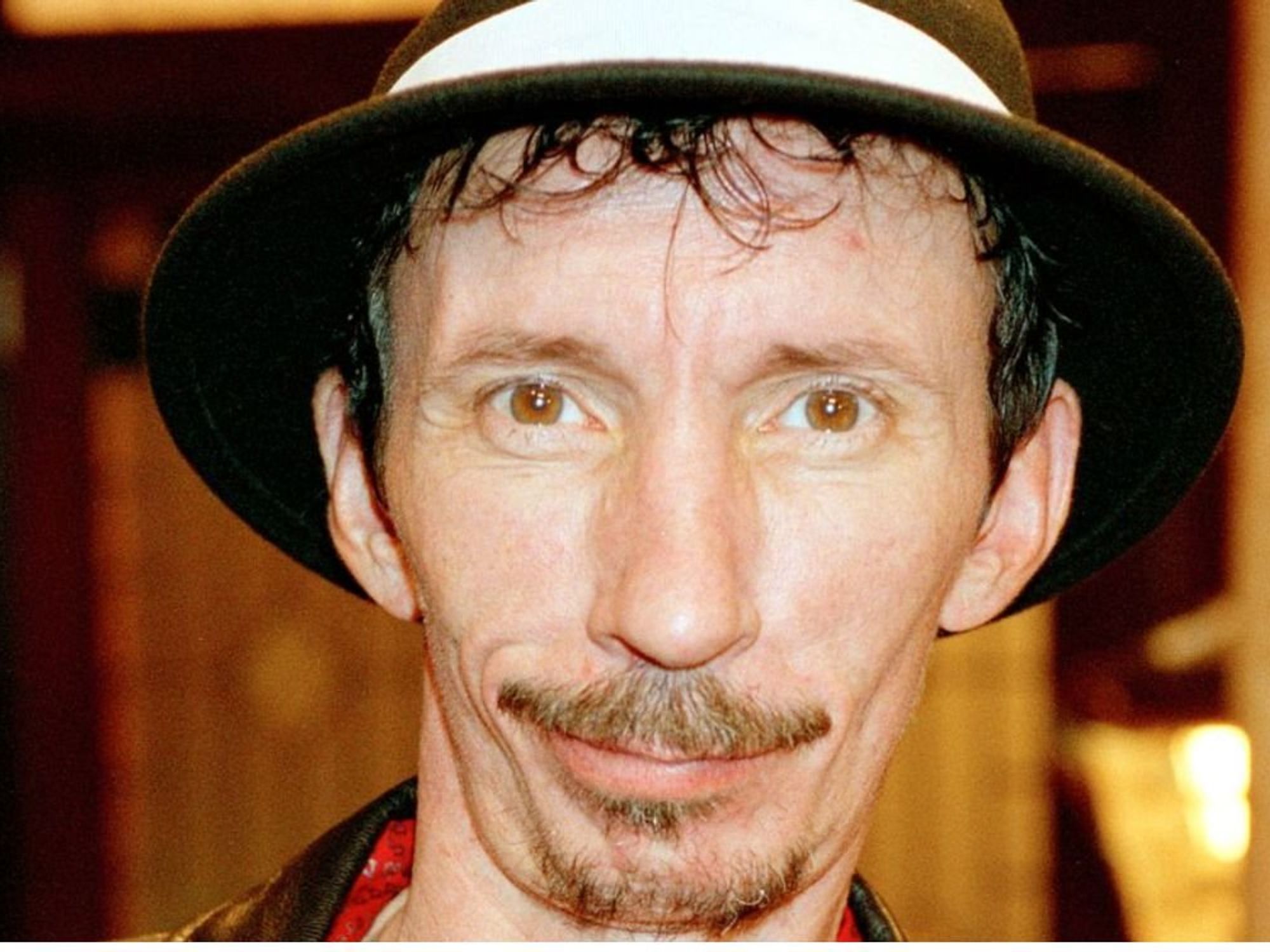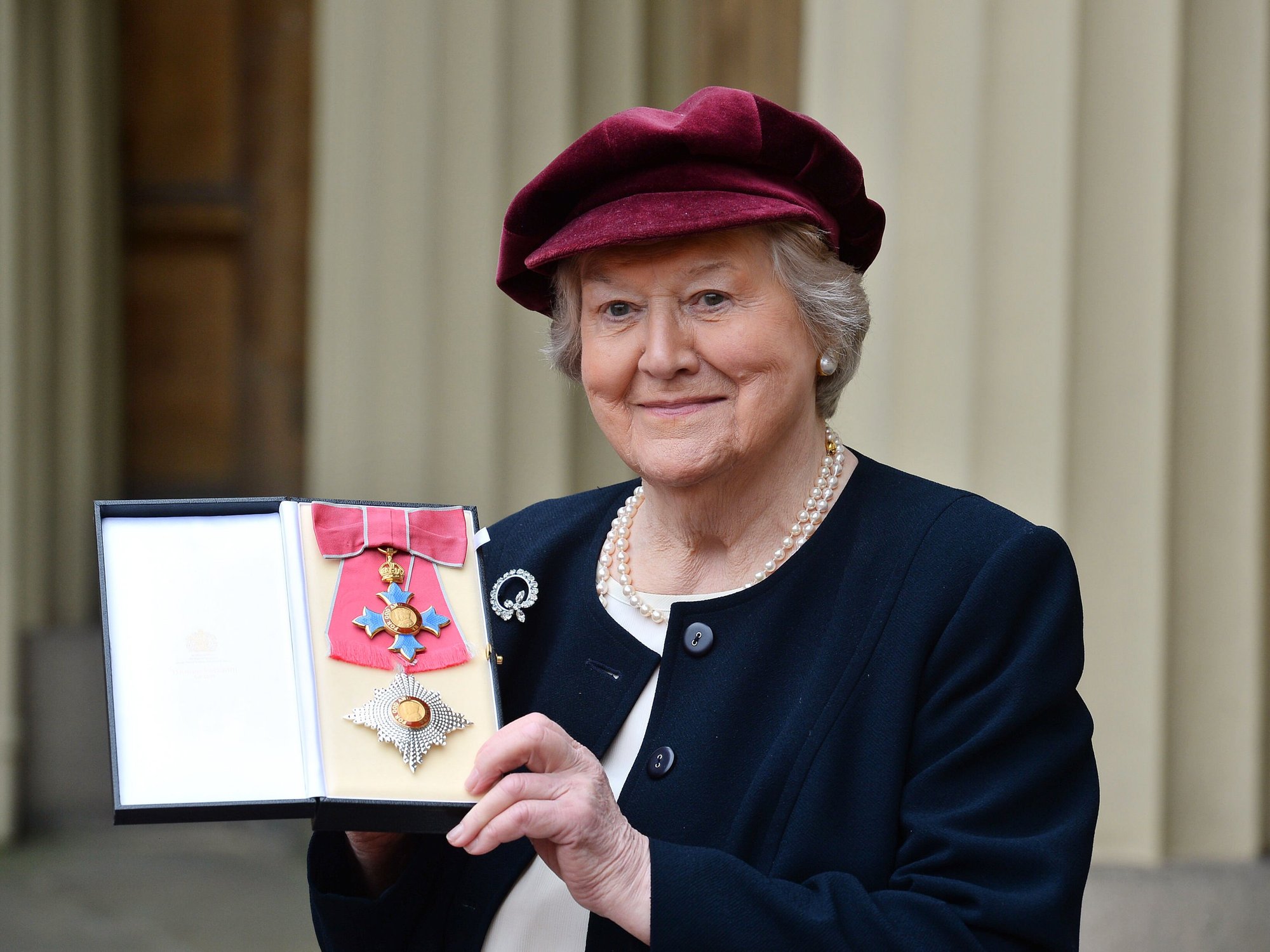Prince Harry: 'Striking parallels' between Covid crisis and HIV epidemic due to vaccine inequality
The Duke of Sussex blames 'corporate greed and political failure' for 'prolonging both pandemics and what we can do to stop it'
Don't Miss
Most Read
Latest
The Duke of Sussex has made an impassioned plea over Covid-19 vaccine equity, drawing parallels with how the struggle to access HIV medicines left millions dead during the Aids epidemic.
Harry marked World Aids Day by warning that not learning amid the coronavirus pandemic from mistakes made with Aids would be a “betrayal of the next generation”.
He said vaccinating the world is a “test of our moral character” and there has been a “spectacular failure” over global access to Covid vaccines.
The duke, in a letter read out on his behalf at a World Health Organisation and UNAIDS event, said his late mother, Diana, Princess of Wales – known for breaking the stigma around Aids and HIV – would be “deeply grateful” to the scientific community for working tirelessly against Aids.
But Harry stressed: “It’s time to draw from the lessons we learned throughout the HIV/Aids pandemic, where millions died unnecessarily due to deep inequities in access to treatment.
“Are we really comfortable repeating the failures of the past? Everything I’ve learnt, from the youth of Sentebale, tells me not.
“They see how repeating these mistakes is destructive and self-defeating, it is a betrayal of the next generation.”
Harry also narrated a video for The People’s Vaccine, voicing his concerns as part of the WHO and UNAIDS event.
It featured clips of Diana meeting Aids patients, and also of Harry and his wife, the Duchess of Sussex, during the Global Citizen Live event in September which called for leaders to adopt a vaccine equity policy.
The duke said in the footage, co-narrated with UNAIDS executive director Winnie Byanyima, that corporate greed and political failure have prolonged both the Covid-19 pandemic and the Aids epidemic.
“There are striking parallels between Covid-19 and another deadly pandemic. One that emerged 40 years ago – HIV,” he said.
He added: “This is a story about how corporate greed and political failure have prolonged both pandemics and what we can do to stop it.”
Harry continued: “By ending vaccine monopolies and sharing technology, companies in the developing world can start producing Covid vaccines too… Break the monopolies… deliver a people’s vaccine.”
His letter to WHO director-general Tedros Adhanom Ghebreyesus and Ms Byanyima was read out by the WHO’s director of global HIV, hepatitis and STIs programmes, Dr Meg Doherty.
Harry wrote: “We honour those whose lives have been cut short and reaffirm our commitment to a scientific community that has worked tirelessly against this disease.
“My mother would be deeply grateful for everything you stand for and have accomplished. We all share that gratitude, so thank you.”
He said there has been a “spectacular failure” over coronavirus vaccine equity.
“Vaccinating the world is a test of our moral character and we are experiencing a spectacular failure when it comes to global vaccine equity,” the duke wrote.
“Similar to the Aids crisis, we’ve yet again revealed over the past year that the value of life depends on whether you were born and/or live in a rich nation, or a developing country.”
Harry described the emergence of the new Omicron variant of Covid-19 as of “deep concern”.
“Now, more than ever, the voiceless majority of the world needs to be heard and the onus is on our leaders to end this pandemic,” he wrote.
Christine Stegling, executive director at charity Frontline Aids, said a ‘people’s vaccine’ was urgently needed and would “benefit everyone, everywhere”.
Ms Stegling said: “This is not the first time the governments of rich countries have moved on from a problem as soon as it appears to be in someone else’s back yard.
“We saw it with Aids, where the transformative impact of HIV treatments in rich countries has seen urgency, focus and funding for the global response fall sharply, and we are starting to see the same thing with Covid-19.
“We cannot allow history to repeat itself.”
She said the Covid-19 pandemic was far from over, but high-income, high-vaccination countries were already starting to talk about future pandemics, while “turning a blind eye” to those that continue to impact poorer regions.
“This will only prolong the pain of existing pandemics, placing millions of lives at risk,” she said.
“We urgently need a people’s vaccine to benefit everyone, everywhere.”











